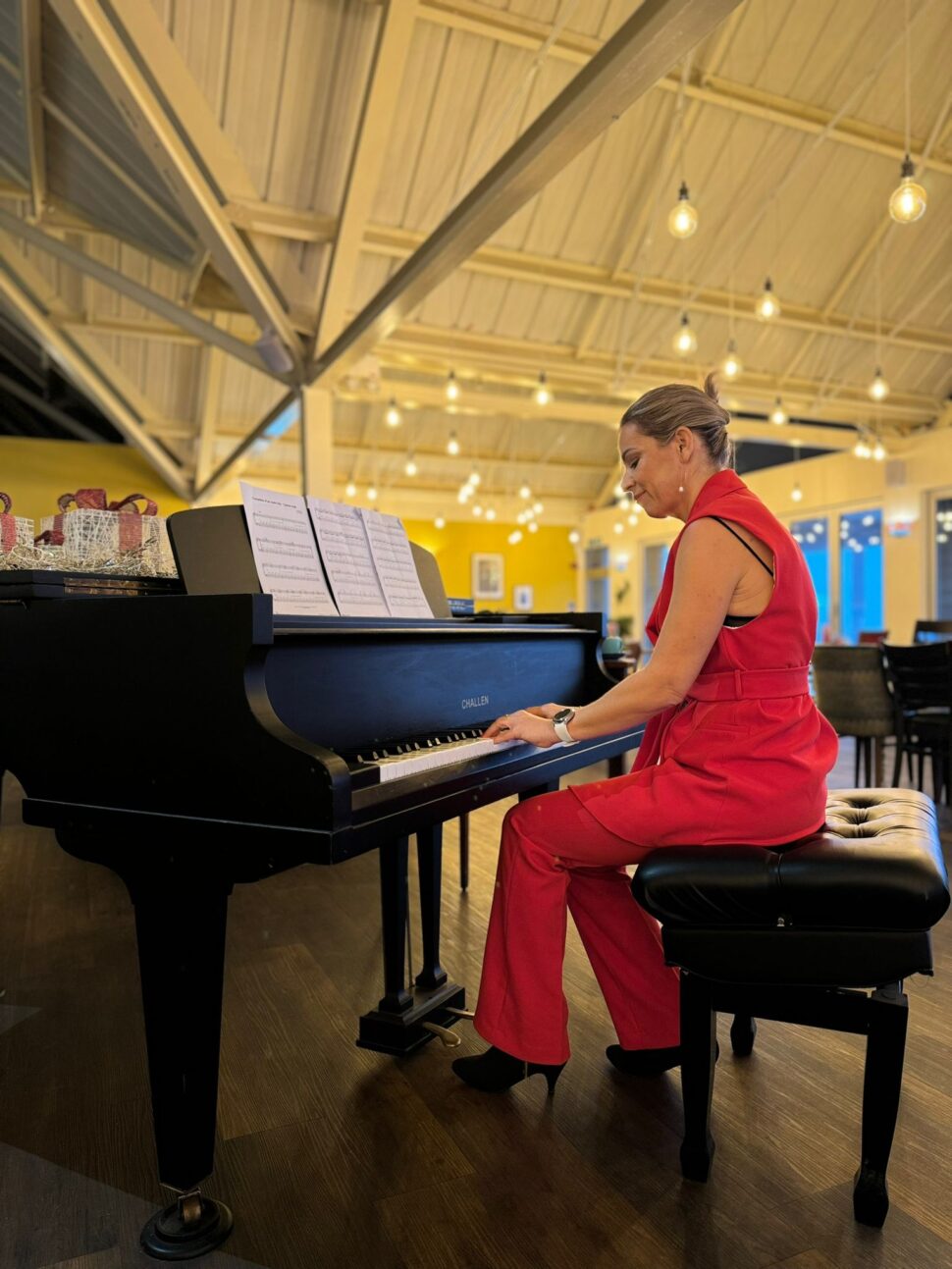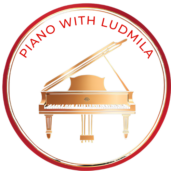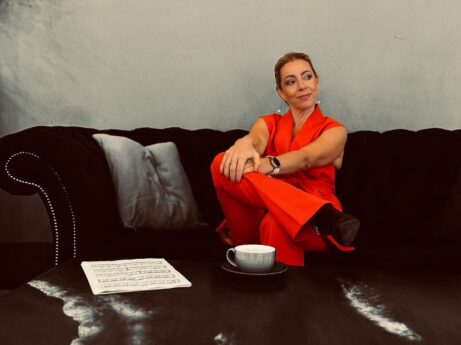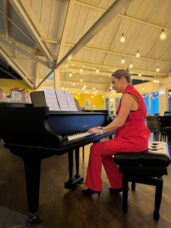
Why Choose the Piano as Your Musical Instrument?
The piano is one of the most versatile and rewarding instruments to learn. It offers a solid foundation in music theory, helping students understand melody, harmony, and rhythm in a way that is visible and tangible on the keyboard.
Learning piano develops coordination, concentration, and memory, while also fostering creativity and self-expression. Whether you enjoy classical masterpieces, modern pop, jazz, or blues, the piano allows you to explore a wide range of musical styles.
Moreover, the piano is ideal for both solo performance and playing with others, giving students the confidence to perform, accompany, and collaborate. Its wide range of notes and expressive capabilities make it a perfect instrument for anyone who loves music and wants a lifelong companion in their musical journey.
Simply put, the piano is not only a beautiful instrument to play—it’s a gateway to understanding, enjoying, and creating music for a lifetime.





